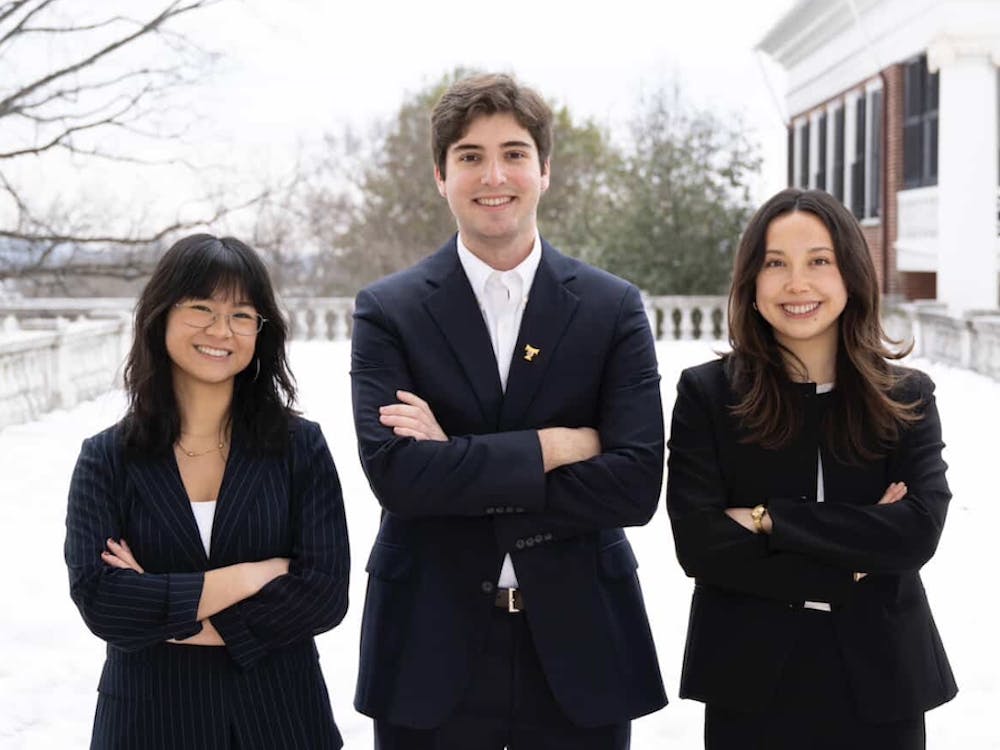The University hosted Denise Spellberg, Middle Eastern Studies and History associate prof. at the University of Texas at Austin and author of “Thomas Jefferson’s Qur’an: The Founders and Islam.” Spellberg discussed Jefferson’s interactions and relationships with Islam.
Spellberg discussed how, Jefferson, the primary author of the Virginia Statute of Religious Freedom, was a major proponent of religious freedom.
“Jefferson was a visionary — a man who planned for a nation that included Muslims as future citizens, despite simultaneously expressing negative views of Islam,” Spellberg said. “In the seeming bifurcation of his thought, he proved both a man of his time and ahead of it.”
Second-year College student Aran Teeling said he attended the lecture out of personal interest in Jefferson and because of a class he is currently enrolled in about the Ottoman Empire.
“You don’t associate the founding fathers with Islam in general,” Teeling said. “Like [Spellberg] said, mostly any mentions of them were in passing. I just wanted to see any connections she drew between two worlds that kind of seem very separate to us.”
Influenced by Locke and Voltaire, Jefferson’s understanding of Islam was sometimes distorted. Jefferson did, however, own a Qur’an, which he purchased in 1765 at age 22, according to Spellberg. Though the copy was in English, Jefferson purportedly attempted to teach himself Arabic.
“Jefferson made no marks in the sacred text,” Spellberg said. “While he took copious notes about other texts he read at his time, [Jefferson] left no explicit references to what he may have read in the Qur’an. This may be because he took no notes.”
Throughout the establishment of the United States, Jefferson argued for religious freedom for people of many beliefs. Often, Muslims were categorized with Catholics, Jews and even Atheists as oppressed groups.
“Muslims were part of Jefferson’s earliest design for the nation’s inclusive ideals, and they remained so from 1776 until the end of his life,” Spellberg said. “What should not be forgotten is that Jefferson had himself been accused of being a Muslim and an infidel.”
However, the acceptance of these groups were key for a religiously plural nation, which was Jefferson’s goal. The solution was to remove government entirely from the business of religion, according to Jefferson.
Throughout the founding of the University, Jefferson never made his support of religious freedom for Muslims explicit. There is no evidence that Jefferson supported the integration of Islam into the U.Va. curriculum, like teaching Arabic, however Spellman said she would like to think Jefferson considered this.
“He did protest the idea that — and I think it was for U.Va. — that it would be a shame for ‘Jews to be forced to study Christianity as a requirement of their entrance,’” Spellberg said. “I would really like to see proof that he included Arabic among the languages that he deemed necessary to study.”






